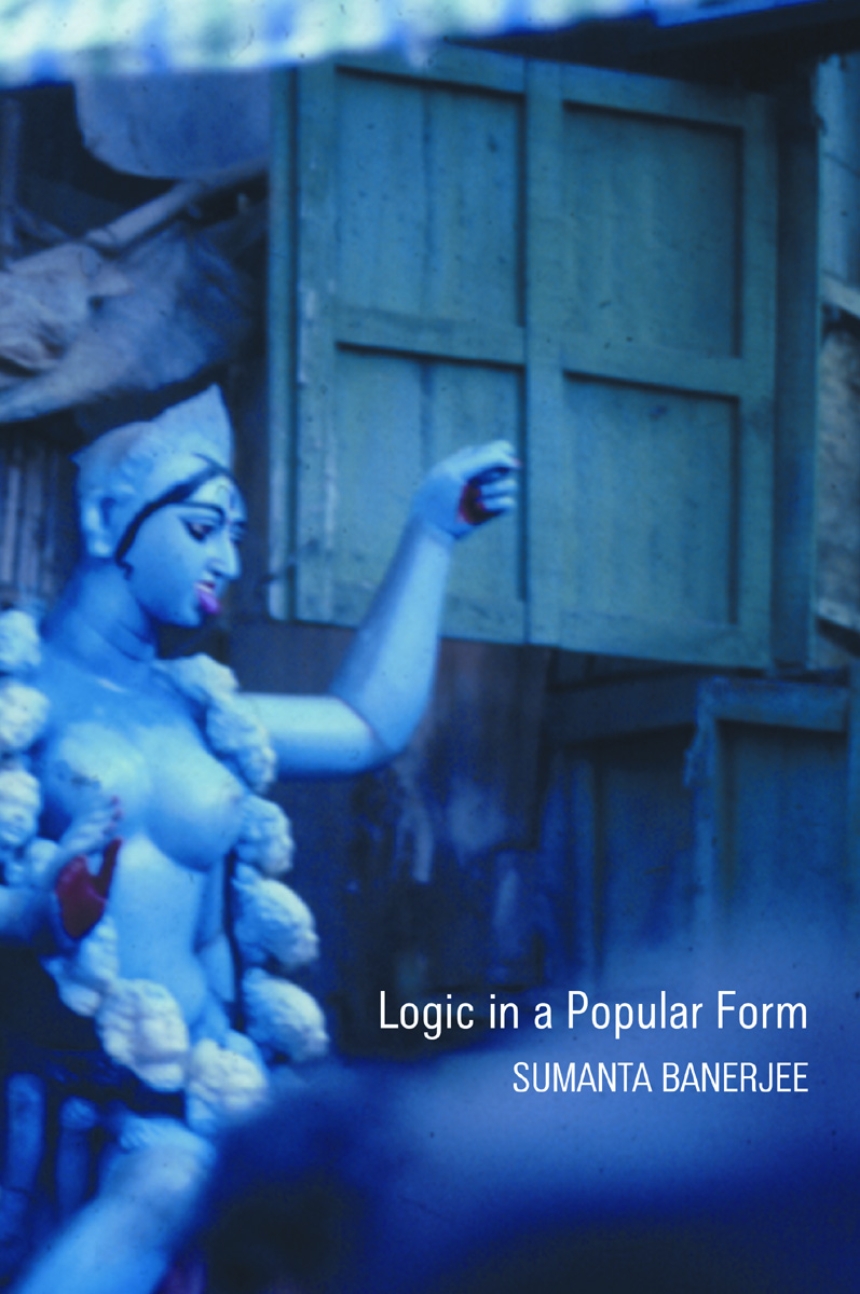Taking its title from Karl Marx’s description of religion as the world’s “logic in a popular form,” this book explores the hidden logic behind popular religions in nineteenth-century Bengal. Sumanta Banerjee examines cross-religious cults and the construction of Bengali myths and beliefs about godlings and spirits, approaching them as popular inventions that attempt to make sense of human existence in the face of an overwhelming and often hostile environment.
These religious manifestations of popular logic—ranging from Kali to Radha–Krishna to Satyapir to Tantric practice—are fluid and constantly innovating. Banerjee argues that they represent an alternative stream running parallel to, and often challenging, the more strictly structured beliefs and practices of the Indian religious establishments, whether Hindu, Islamic or Christian.
Logic in a Popular Form brings to light many significant aspects of the multifaceted phenomenon of popular religion in Bengal, while tracing the impact of urbanization, colonialism, and nationalism. Banerjee re-examines the relevance of the beliefs and rituals that continue to survive in Bengali society today.
Table of Contents
Acknowledgements
Introduction
One
The Changing Role of Kali in the Bengali Popular Psyche
Two
The ‘Pir’ and the ‘Narayana’: A Syncretistic Accommodation in Bengali Ritual and Folklore
Three
Radha and Krishna in a Colonial Metropolis
Four
From Aulchand to Sati-Ma: The Institutionalization of the Karta-Bhaja Sect in Nineteenth-Century Bengal
Five
Bamakshyapa of Tarapeeth: The Dramatist of Popular Angst
Six
The Ambiguities of Bharat Mata: A Bhadralok Goddess in Colonial Bengal
Conclusion
Index

